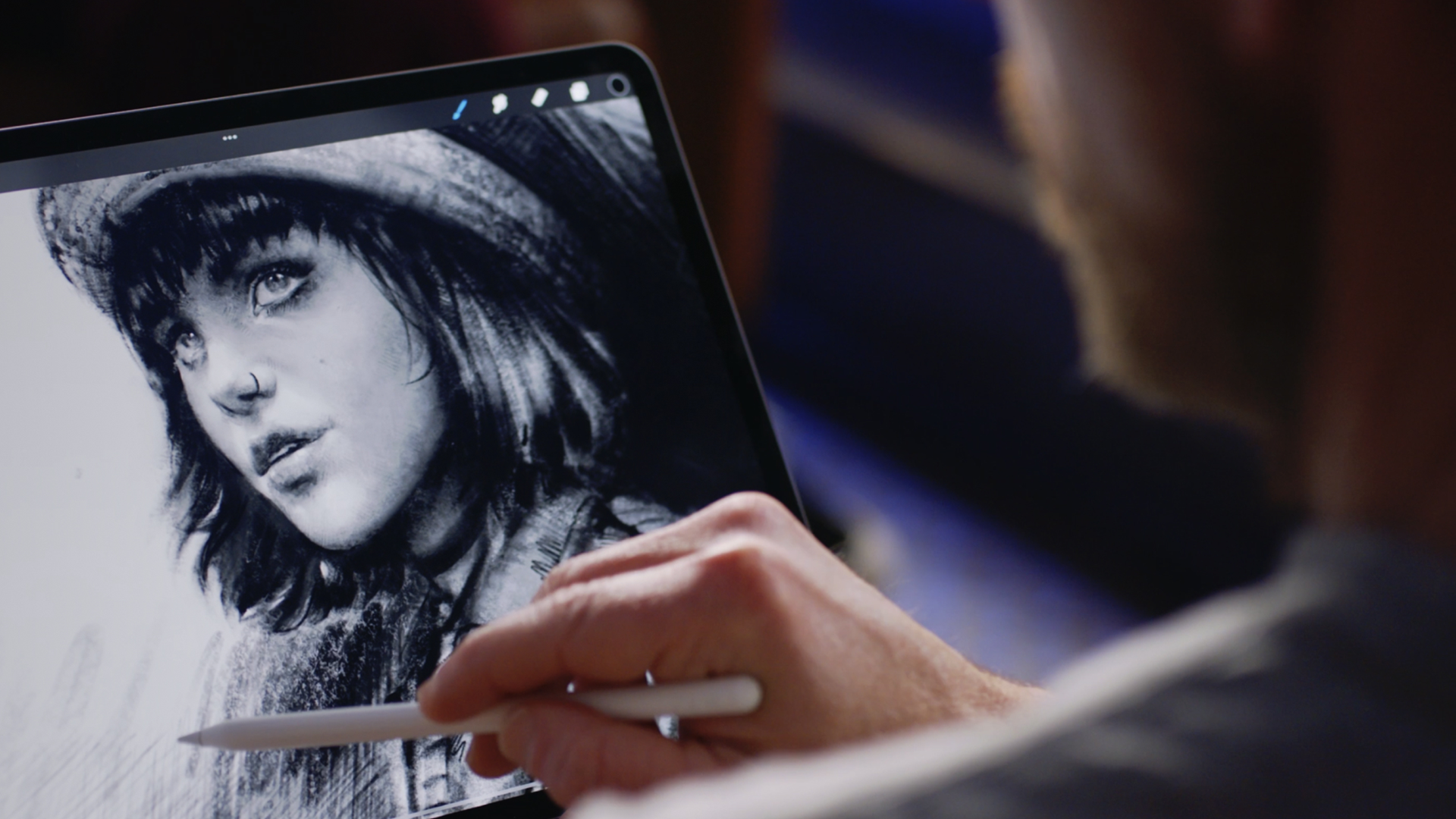
Popular digital art app Procreate has staked out a firm position against generative AI in its features and art as a whole. The decision is in stark contrast to the rapid movement by Adobe and other developers toward embedding AI throughout their platforms. One of the biggest issues is that AI image makers like Midjourney, OpenAI’s DALL-E, and Stability AI rely on large-scale scraping of online content, including copyrighted works, to train their models. This practice has led to legal challenges, including a class-action copyright infringement lawsuit against several AI companies.
Procreate has been a staple for digital artists since its launch in 2011, earning plaudits for its interface and Apple iPad-focused tools. Artists can create intricate, high-quality illustrations using touchscreens and styluses through Procreate, but that won’t ever extend to AI features. The company and CEO, James Cuda, made it very clear how he feels.
“I really f***ing hate generative AI. I don’t like what’s happening in the industry and I don’t like what it’s doing to artists,” Cuda said in a video released on social media about the decision. “We’re not going to be introducing any generative AI into our products.”
AI Art Fight
The point of the announcement, according to Procreate, is to resist AI because of how it breaks down the integrity of human-driven artistic processes. Procreate believes adding AI-generated content would undermine the creativity that is the cornerstone of its success. There are plenty who agree in the art and illustration world who have voiced their appreciation for Procreate’s decision. There’s been frustration among artists at how AI-driven platforms seem to exploit their work without consent or payment. The outcry has had some effect on the brands trying out AI image creators. For instance, the illustration app Clip Studio Paint canceled plans for an AI image generator in 2022 after a wave of complaints from its user base.
And while Adobe has incorporated several generative AI features across its product platforms, it hasn’t been immune from criticism. When Adobe quietly updated the terms of service agreement in a way that appeared to suggest it would leverage content made by users to train AI models, there was a huge furor and even vows of boycotts. Adobe clarified that it does not train AI on customer content but still felt the need to amend the terms of service to underline that fact.
And the rapid adoption of AI among other platforms demonstrates not all artists agree that generative AI is not inherently at odds with human creativity. AI tools can be treated as just another source for bringing ideas to the digital canvas, facilitating creation rather than supplanting it.
More cynically, the loud declaration positions Procreate as an alternative to Canva, Adobe, Figma, or any other illustration platform that is embracing AI to one degree or another. Procreate can claim to be an ally of its artists who reject AI tools in a way that those others can’t. Still, the legal and regulatory battles over AI image creators are far from over. The results could mean Procreate seems prescient or obstinate, but it will undeniably have a place in the story as a whole.
“Our products are always designed and developed with the idea that a human will be creating something,” Cuda said. “You know, we don’t exactly know where this story’s gonna go, or how it ends, but we believe that we’re on the right path supporting human creativity.”







